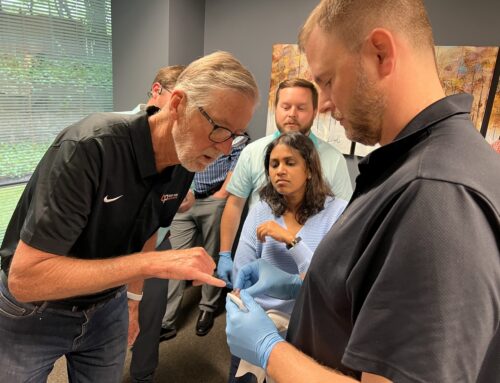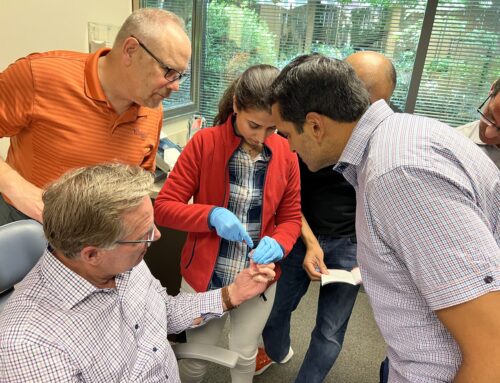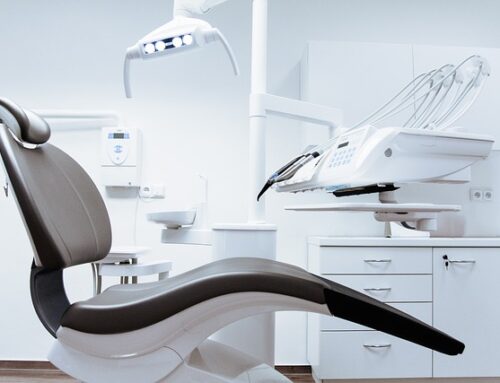Sometimes our patients don’t tell us everything. That is why we need to make sure we maintain open lines of communication at every visit. One way to improve communication with our patients and potentially uncover a sleep apnea condition, is through motivational interviewing.
If you are not aware of what motivational interviewing is, it is a counseling method that helps people resolve ambivalent feelings and insecurities. It helps to find internal motivation patients need to change their behavior or uncover an underlying condition that we might not be aware of. By using motivational interviewing, we can help uncover sleep apnea in our patients. Here are a few ways you can begin to use motivational interviewing with your patients.
Let the decision maker set the agenda. When your patient enters your office, ask open-ended questions to help identify what is important to him or her. For example, are you happy with the way things are? What is going well? Is there anything that could be better? By asking questions, you will be surprised what your patients open up about. If they mention snoring, being tired or other symptoms of sleep apnea, that should signal the time to talk about the condition.
Listen. We can talk all we want, but it won’t necessarily reach our patients. This is why we need to let them do most of the talking. Once you get them talking, you’ll be surprised how much information they share with you. What they share can help you uncover an underlying issue, such as sleep apnea, or that their partner might be at risk. Keep them talking.
Elicit-provide-elicit. Ask a question, reflect your understanding of the answer, and then ask questions to get a deeper understanding of the issue. To do this, try saying, “I hear you saying that you would enjoy being around loved ones more if you got better sleep each night, but you’re worried that treatment won’t work. Why does that worry you?”
Identify multiple options. There are always multiple options for a patient to consider. Make sure you include doing nothing. This can show them what might happen if they don’t seek treatment. It is also important to weight your patients’ merits. Some questions might be: What options are you aware of? What are the advantages to what you are doing now? What are the disadvantages?
Roll with resistance. It is important to recognize that there will be resistance. When this happens, avoid arguing or convincing your patient that you are right. Instead, try to understand why they might be resisting your recommendations. Understanding their reluctance to change can help improve outcomes.
Focus on small, incremental changes. This is key. Small, incremental changes should be recognized and identified. Focus on baby steps and acknowledge that even the smallest changes are improving outcomes for the patient.
Collaborate and empower. It is important to emphasize that you are partners in the treatment process and that you will continue to work together through it all. If something needs to be adjusted, you will work together on that too.
Motivational interviewing can also help improve patient compliance with oral appliance therapy or the CPAP machine. Open-ended questions allow us to uncover the underlying issues that might be preventing our patients from completing treatment and improving their overall health and well-being.






